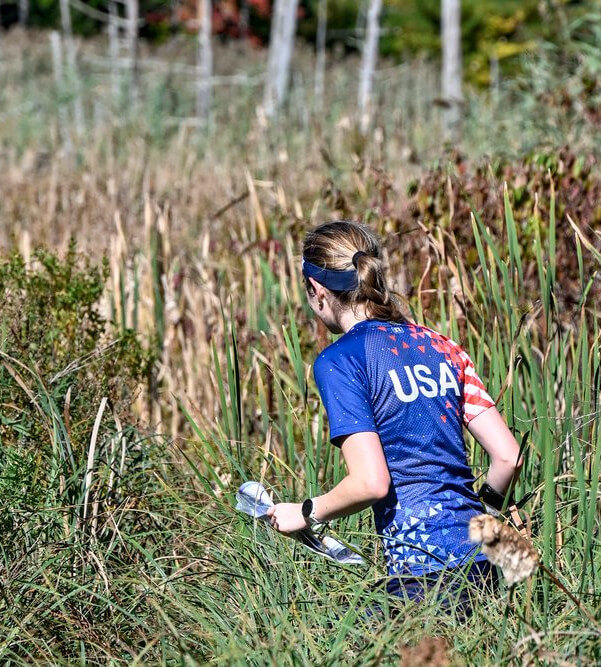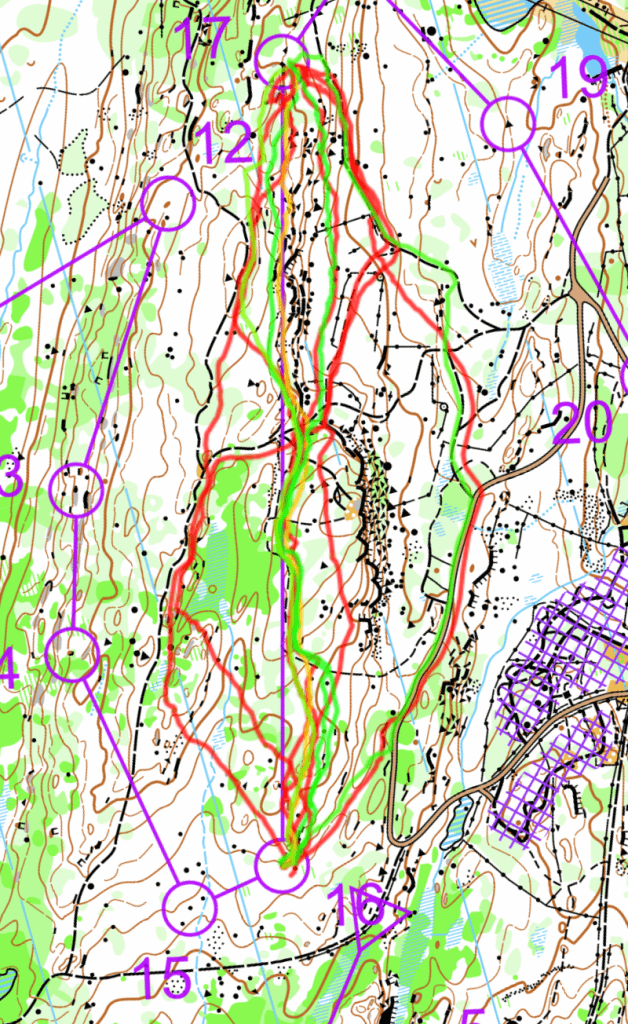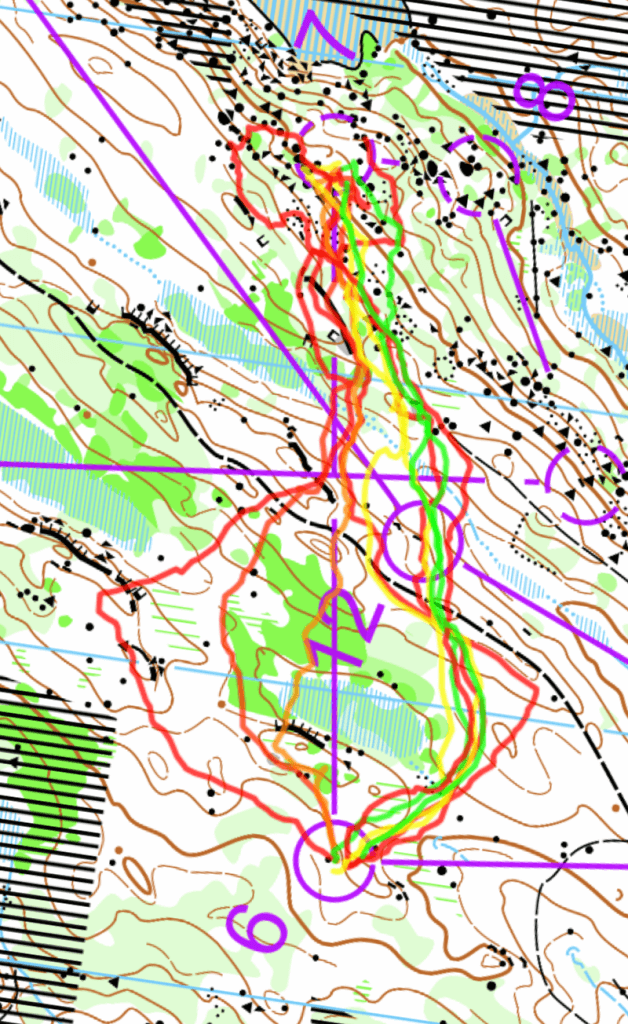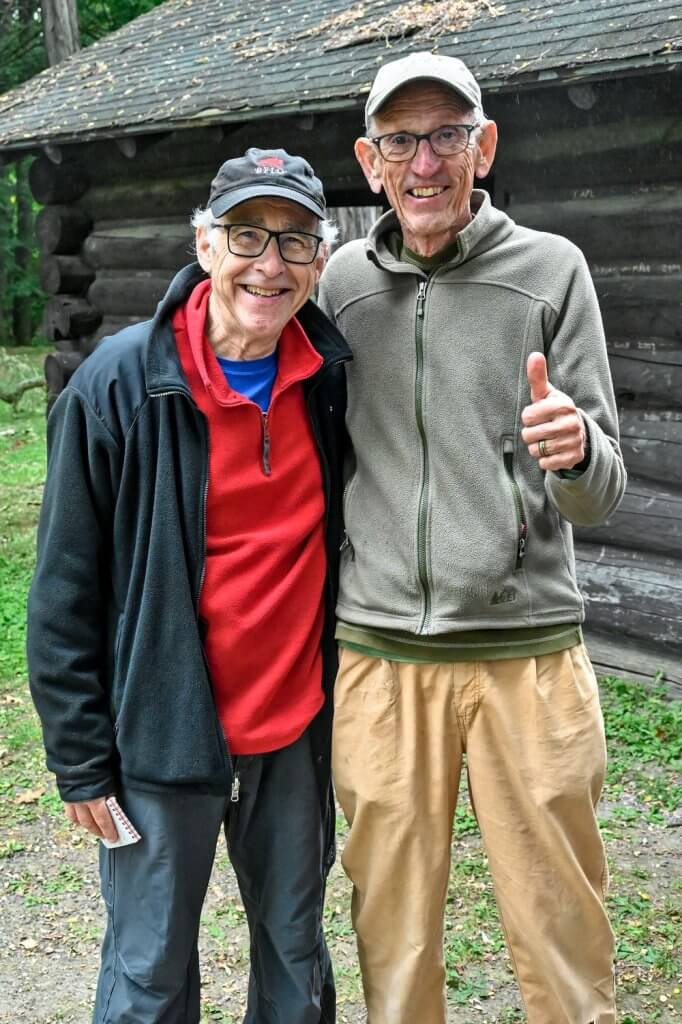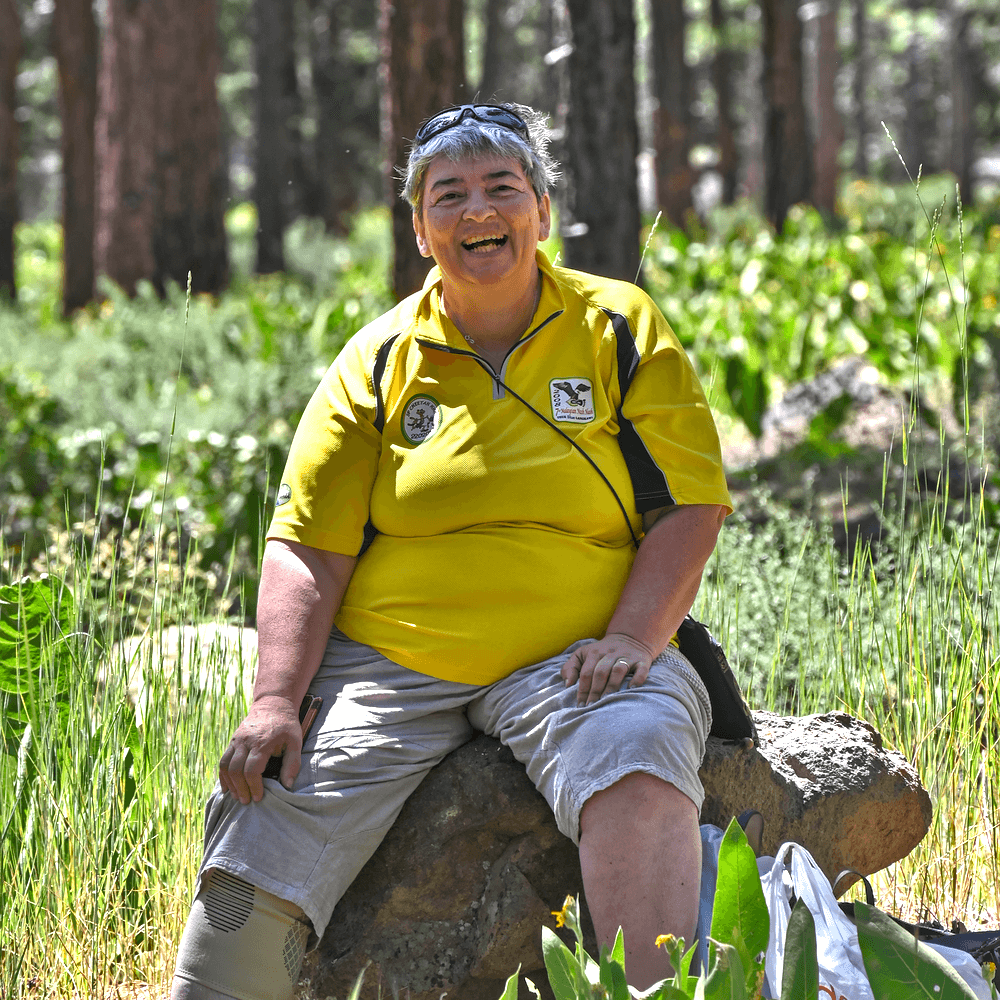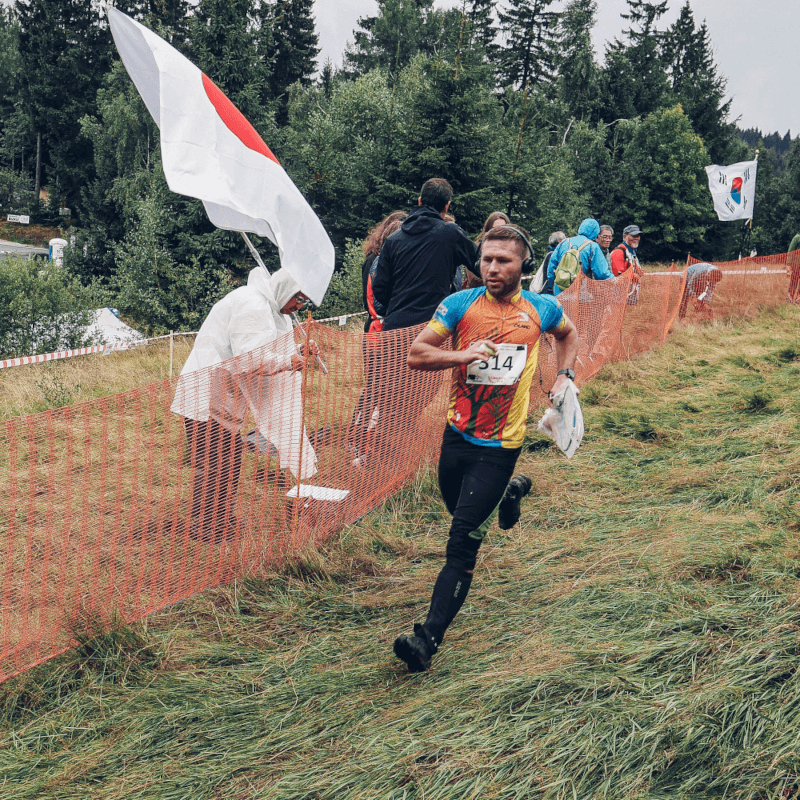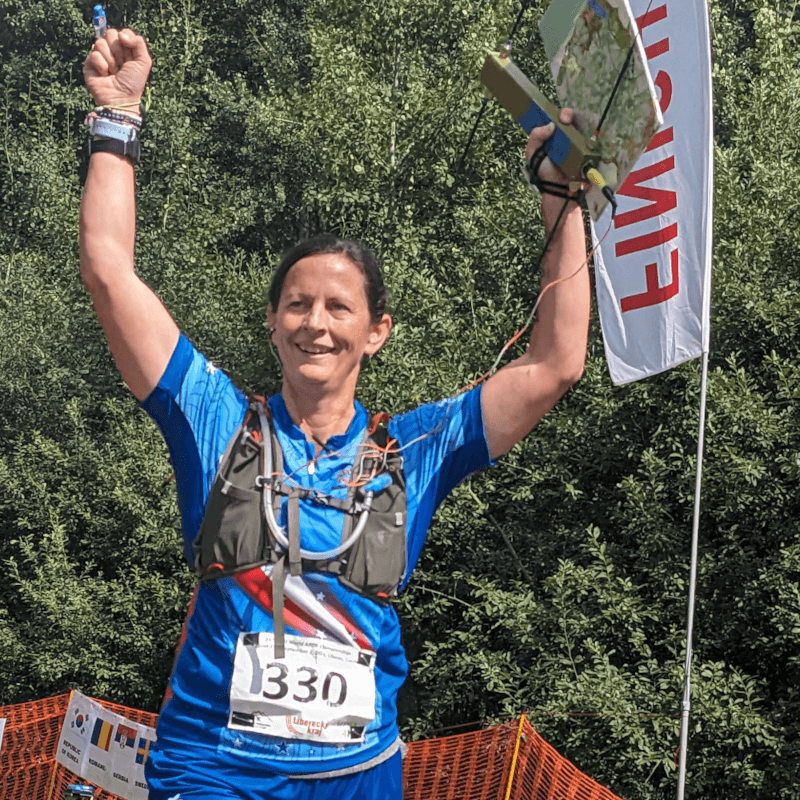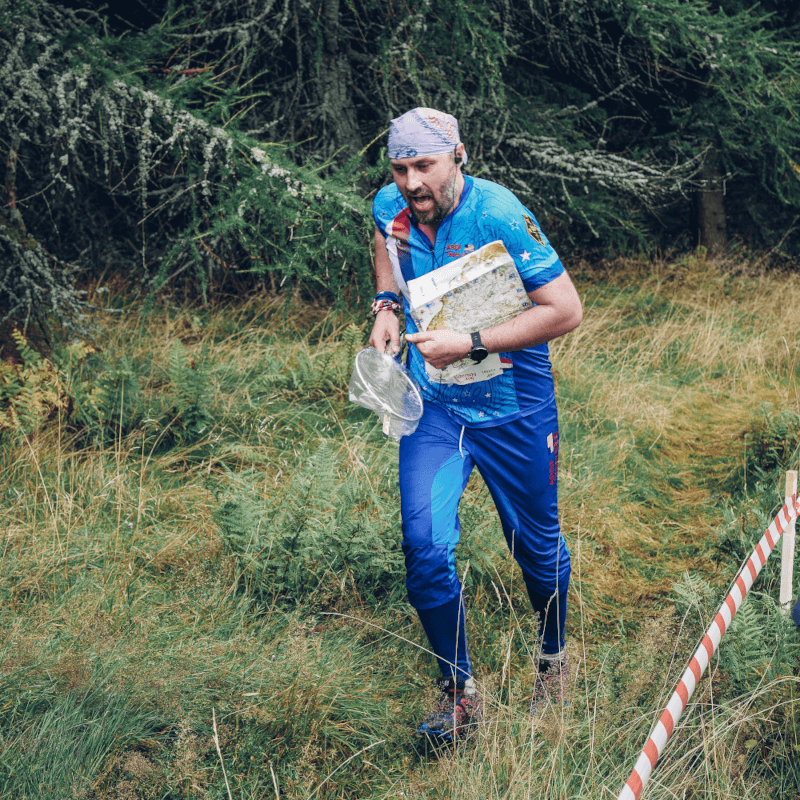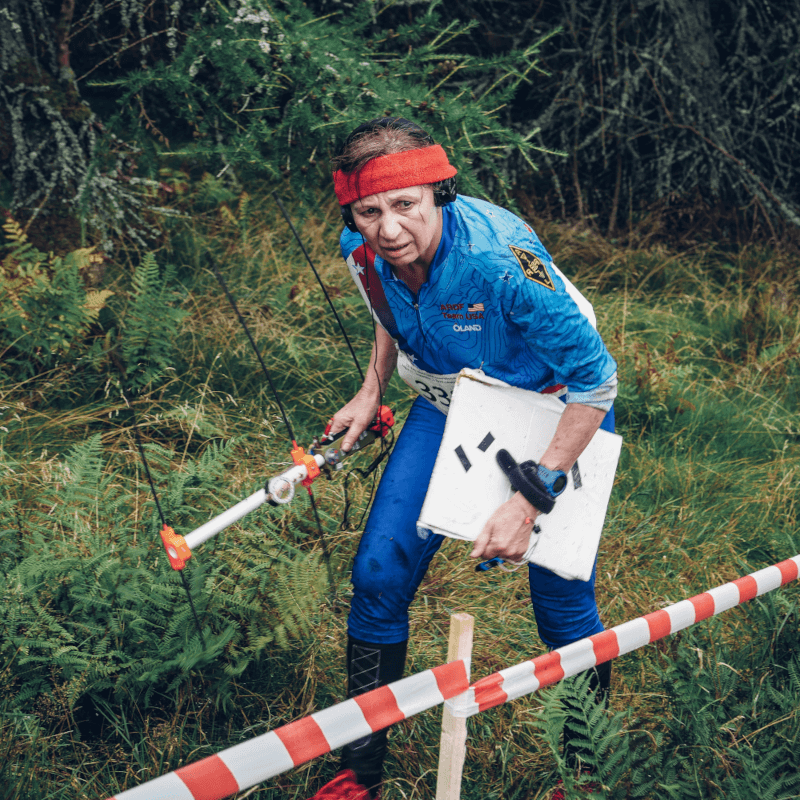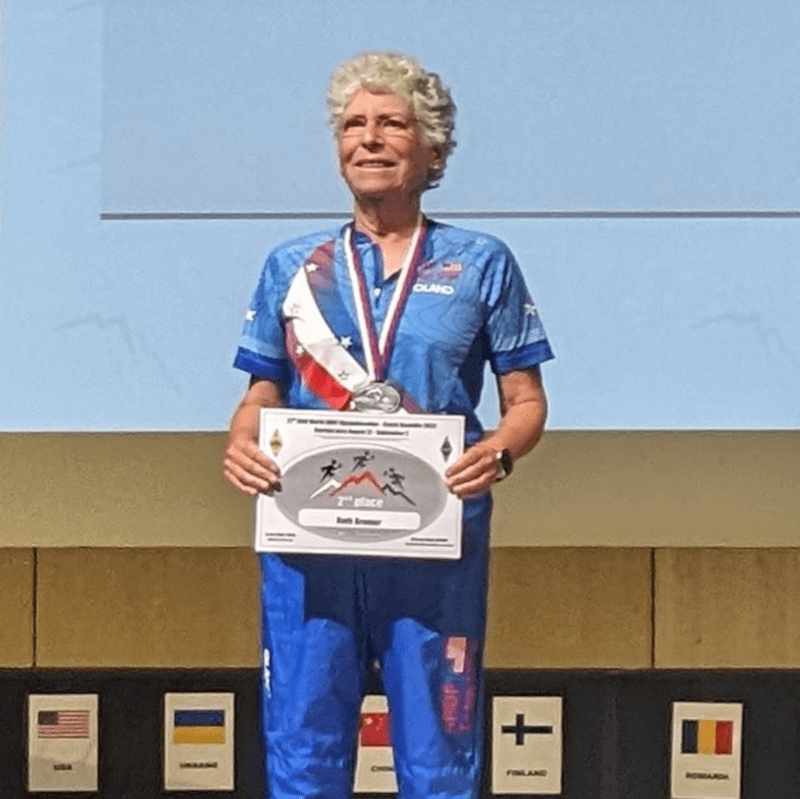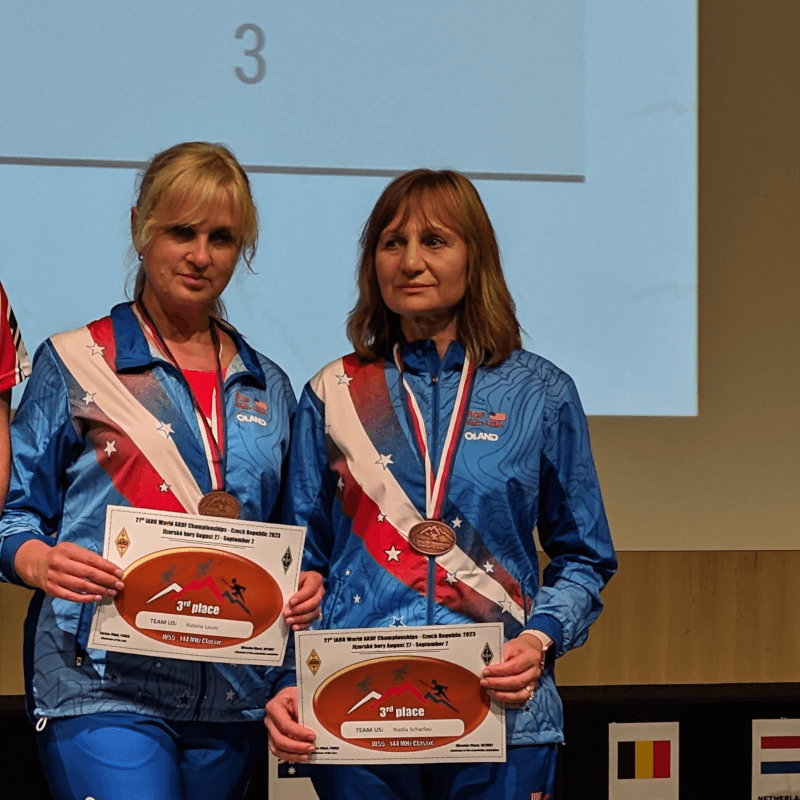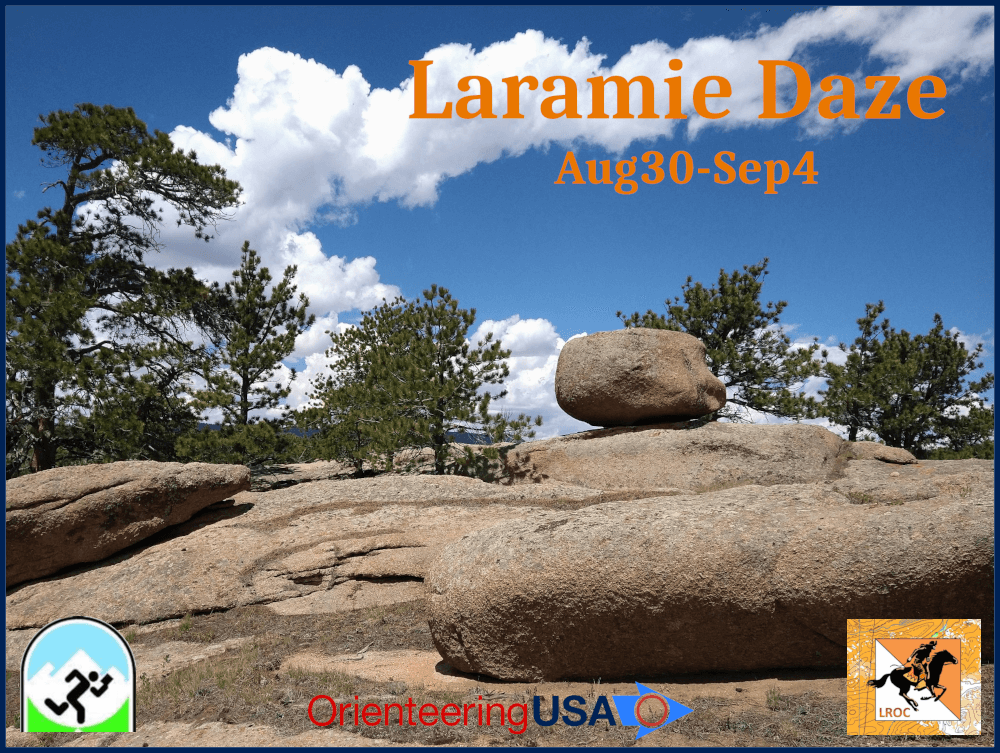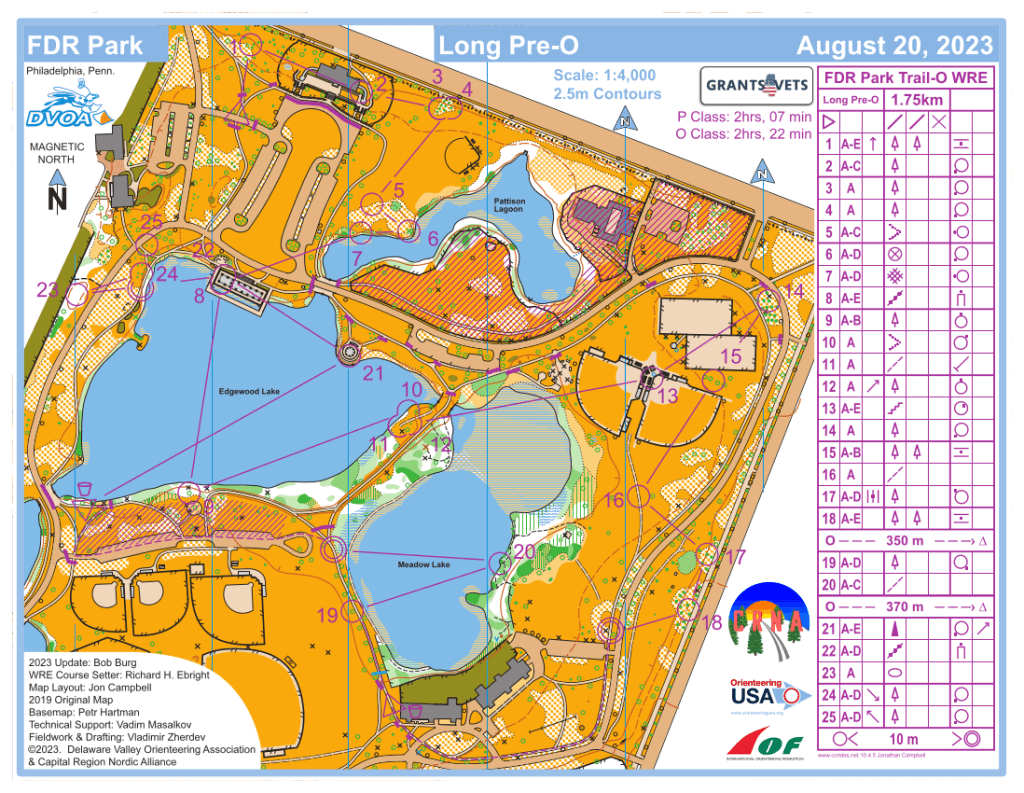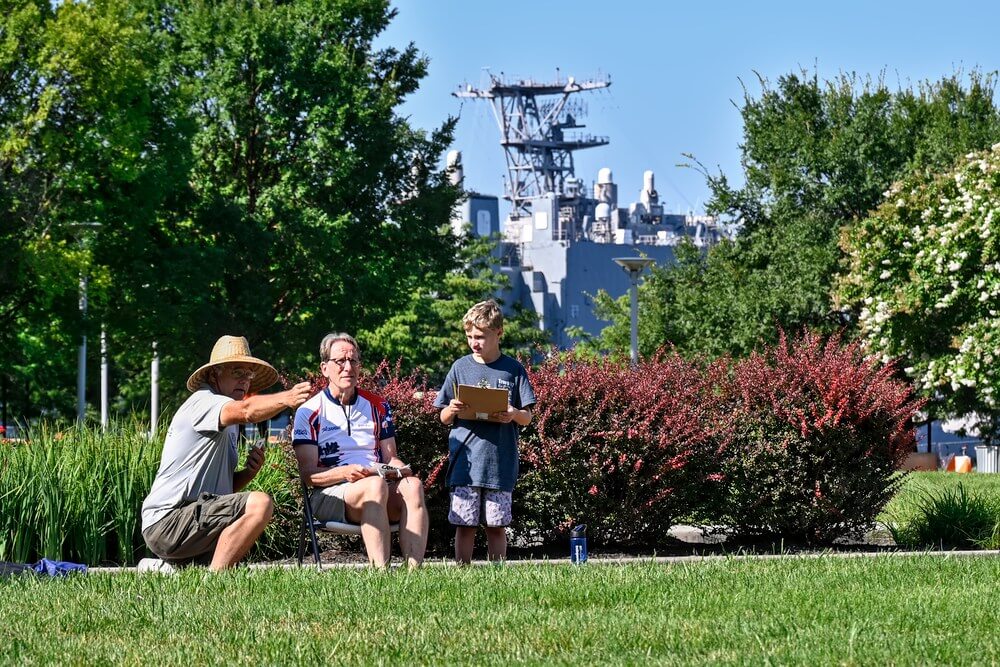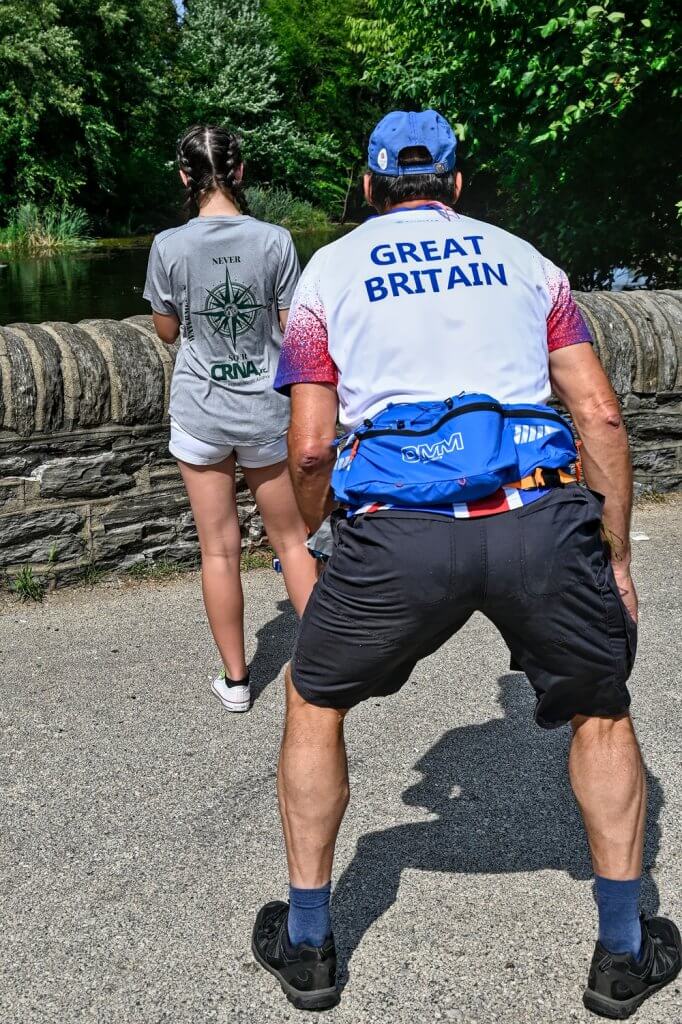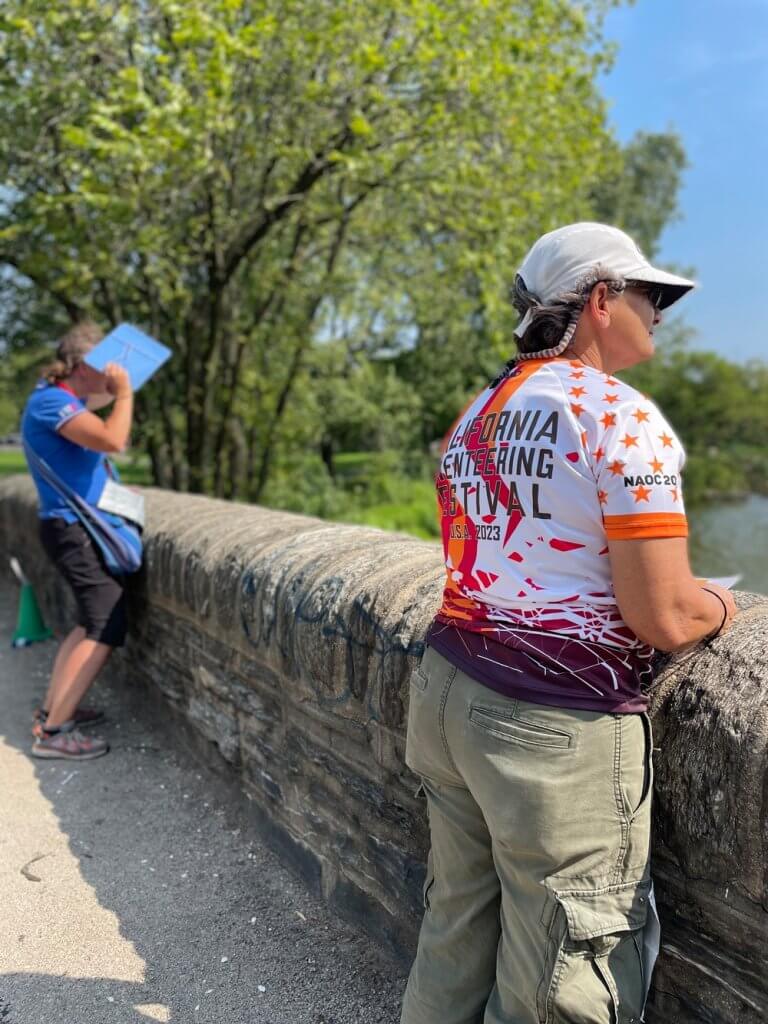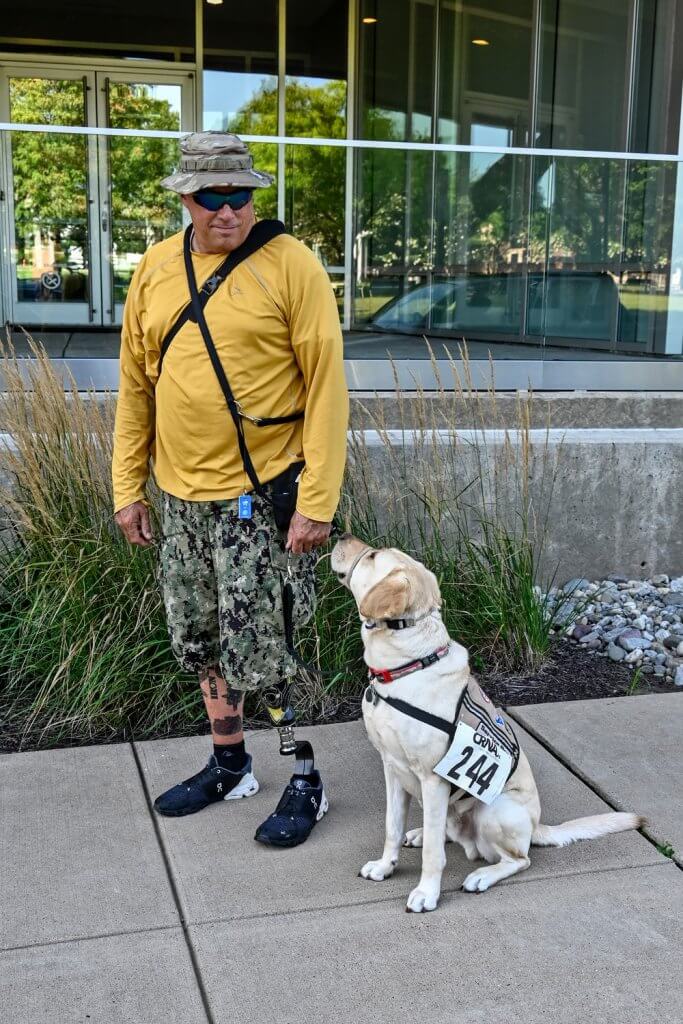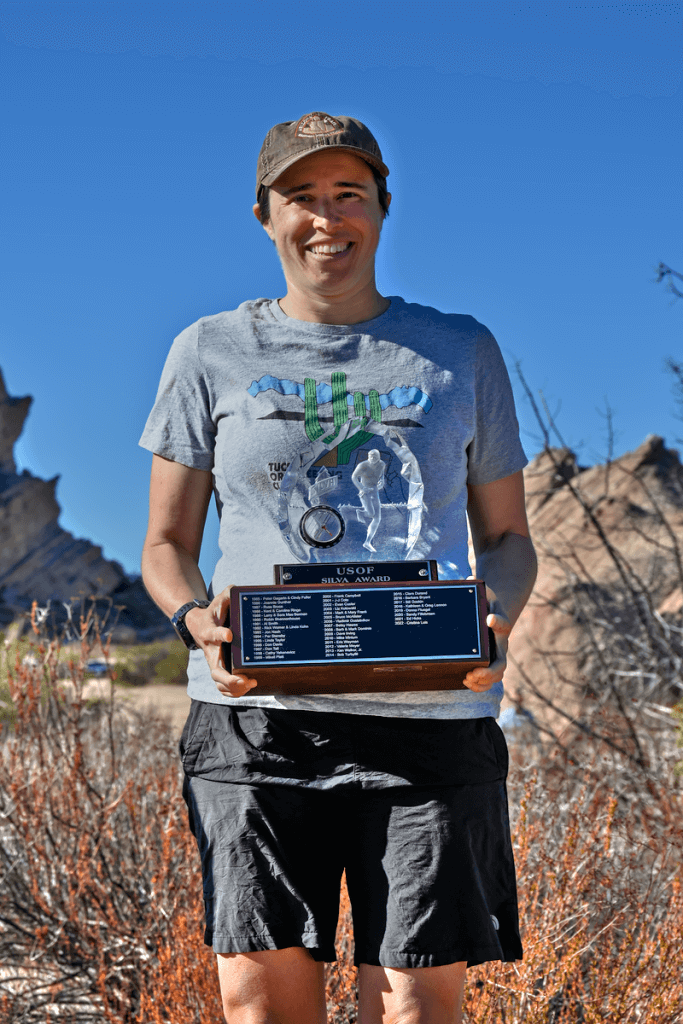Queen of the Hills Event Recap
November 4-5, 2023
- 2-Day Classic – combined time
- Host: DVOA
- Venues:
- Sat: Iron Hill Park
- Sun: Fair Hill Park
- Event Director: Angelica Riley
- Course Setters:
- Sat: Sergey Ryzhkov
- Sun: Bob Agosta
- Event Website
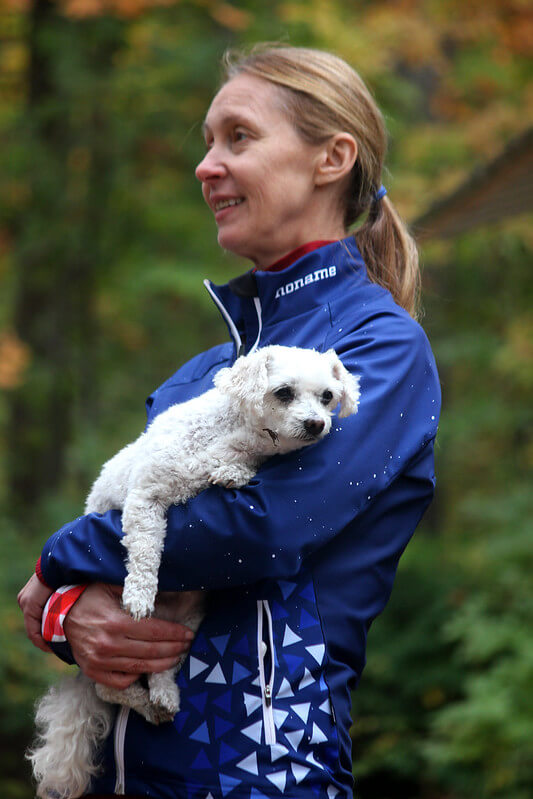
Results, photos, maps
- Day 1
- Day 1 Results by course
- Day 1 Results by class
- Day 1 Splits by course
- Day 1 Routegadget
- Day 1 Official Orienteering USA photos [154 photos]
- Day 1 Photos courtesy Julie Keim [170 photos]
- Day 2
- Day 2 Results by course
- Combined Time Results by class
- Day 2 Splits by course
- Day 2 Routegadget
- Day 2 Official Orienteering USA photos [98 photos]
- Day 2 Photos courtesy Nadim Ahmed [167 photos]
- Attackpoint – Splits, analysis and discussion

